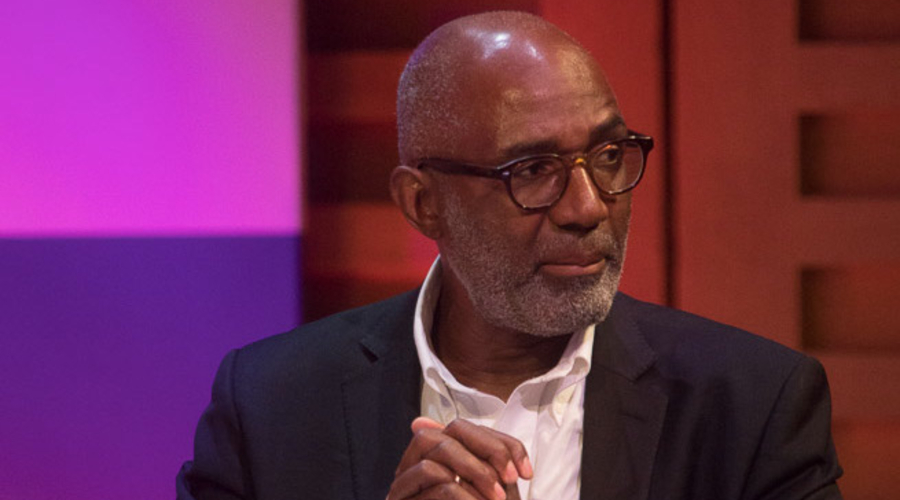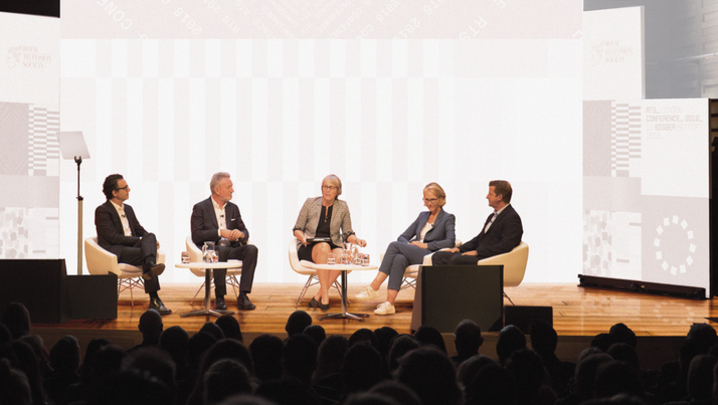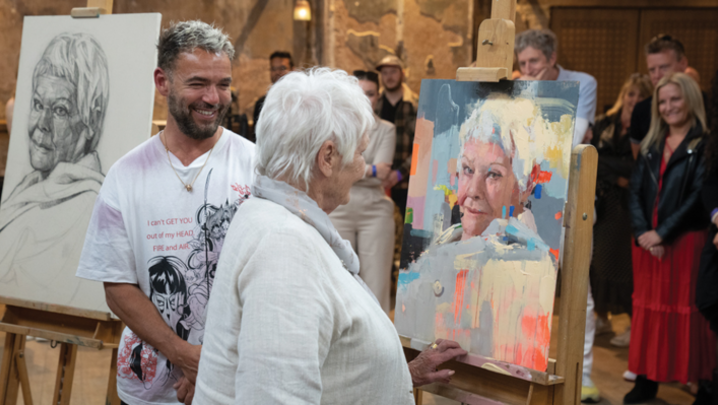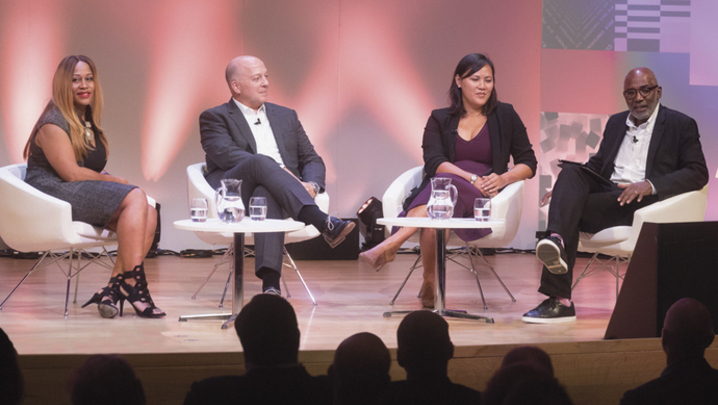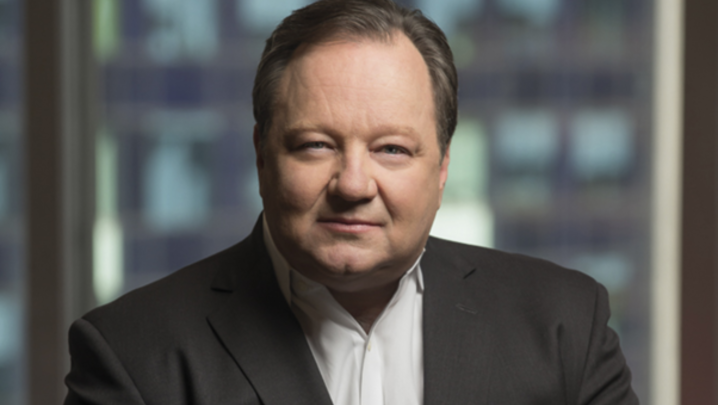Trevor Phillips questions the TV industry’s attitude to sexual harassment and confesses that he was underwhelmed by Bodyguard
Having inadvertently found myself in the headlines twice in the past month, I’ve given up trying to understand what makes today’s news media pay attention.
Returning from the summer break, I pitched up at the Big Tent Ideas Festival, held in a field near Cambridge, to debate the future of AI and machine learning. To my nerdy mind, fears of massive job losses and robot control, stoked by people who can barely spell “algorithm”, are misplaced.
More dangerous is “black-box” decision-making by machines using techniques that even the nerds no longer understand. The Mail on Sunday called before I’d even got off the stage.
But they weren’t interested in the machines. They wanted to know why, when asked about civility in politics, I’d said that the Labour Party was led by “anti-Semites and racists”. Puzzling, I thought: they’d been talking about that topic before I went away, and, anyway, everyone knows it’s true. How is that even news?
I stepped down as President of the John Lewis Partnership Council in July. The retail sector is in meltdown, but we’d kept our heads above water. Until September. Just eight weeks after my departure, the employee-owned company announced that profits for the first half-year were down 99% on 2017.
I was tempted to point out – Trump-style – that the two events might have been connected. But, when I watched the partnership’s new TV ad (a riff on Queen’s Bohemian Rhapsody), I thought, better not.
It’s the best John Lewis ad for years. Shoppers will be back (albeit online rather than in the stores). Anyone who hasn’t seen it should go straight to YouTube. Get in a wad of tissues first. From Waitrose, of course.
Started as a panellist on Sky’s The Pledge, where each of five contributors gets to peddle a pet idea, and then has to defend it against all-comers.
The show came days after Boris Johnson’s use of a metaphor involving a suicide vest. You don’t have to agree with the substance of his remark to conclude that the media hysteria that follows this kind of controversy is simply stifling vivid speech in politics.
We complain that politicians are dull, yet we punish anyone who says anything memorable. Worse, people such as Johnson and Trump know that provocation is a great way to manipulate feeble-minded journos into amplifying their tunes.
We fell out over Bodyguard, possibly the most misogynist piece of TV I’ve seen in years. All the women were dim, devious, pusillanimous or all three.
Jed Mercurio, who we know to be some kind of writing genius, had some pretty rubbish (probably male) advice on this occasion. I am lucky to have known several of the real women who occupied the jobs portrayed – top politicians, cops and spooks; all of them forced their way to the top of male-dominated, sexist outfits by sheer character, and all of them can freeze molten lead with a glance at a range of 20 metres.
Chaired the RTS London Conference session on diversity. Thank you for the opportunity, Theresa and team. Of course, all the bigwigs found that they had better things to do outside the hall.
As a result, they missed some wise words from WPP’s Karen Blackett, among others, calling out the absence of minorities in TV’s executive pipeline.
The media correspondents also managed to miss the point, focusing only on my observation that, when I started as a TV exec, most bosses’ policy against sexual harassment amounted to warning young women to avoid getting into the lifts with the company perv. A pal of four decades agreed that complicity was probably still widespread. The story won headlines and a spate of TV interview requests. I hope it will also provoke some reflection by senior folk in the industry.
I’ve taken over as Chair of an executive recruitment business. Our major clients are in the engineering, financial tech and retail sectors, as well as government and charities.
Last week, I suggested to my board that we should do more work with TV and media organisations. TV is basically about finding, developing and showcasing expensive human capital. And, like us, the industry is keen on finding diverse talent.
Everyone shifted uncomfortably, until someone said briskly, “Media people? No money. Can’t trust them. And you don’t really believe they’re serious about the diversity thing, do you? If they were, they’d have done something by now.” Next business.
Unfair, of course. But, occasionally, it’s good to see ourselves as others see us.
Trevor Phillips is Chair of Index on Censorship and of interim and executive search consultancy Green Park.

